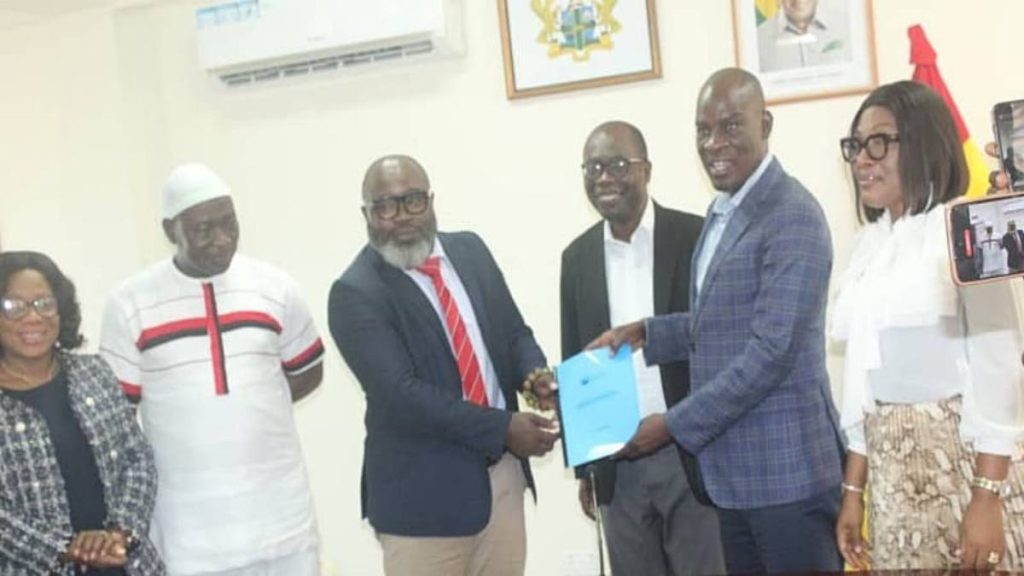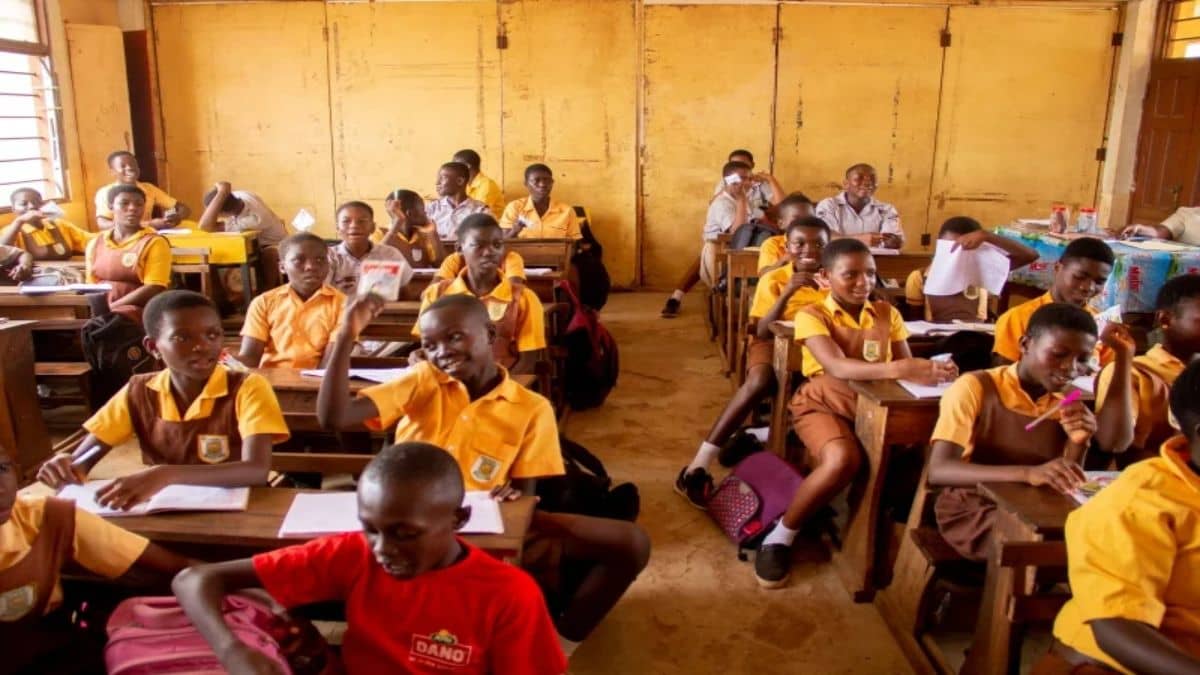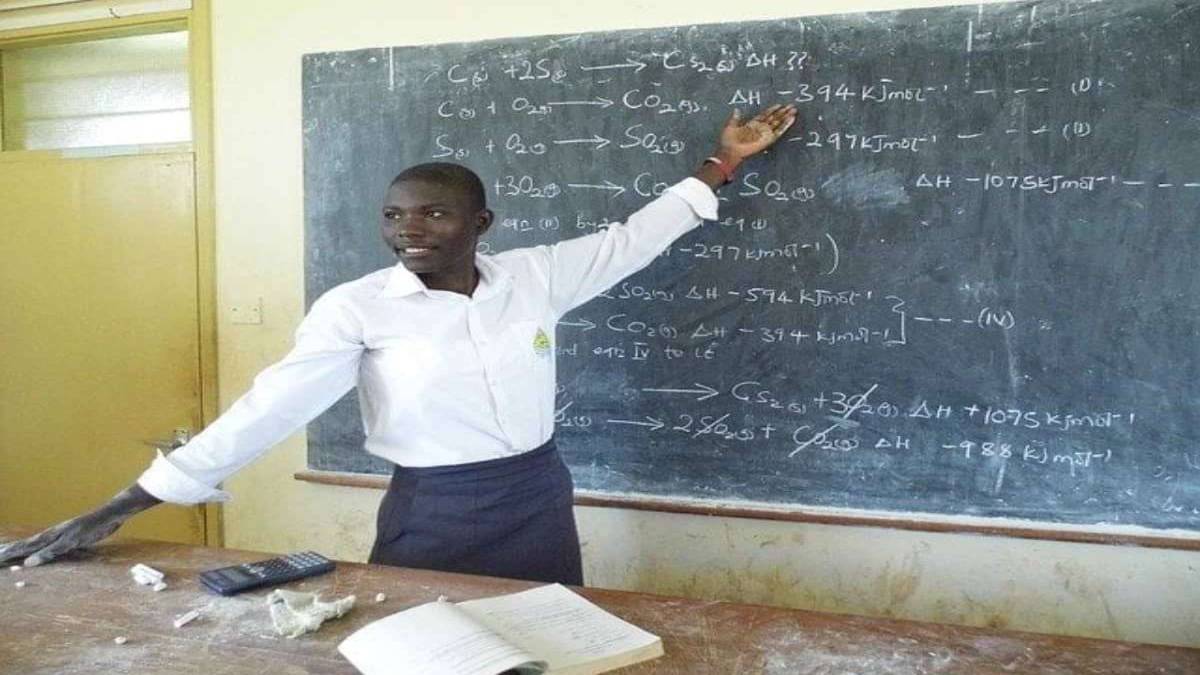Here are 10 key provisions in 2025/26 new national PTA guidelines

The Executive Director of Africa Education Watch (EduWatch), Mr Kofi Asare, has outlined 10 key provisions in the new national Parent-Teachers Associations (PTAs) guidelines report submitted to the Minister of Education, Haruna Iddrisu.
In a social media post sighted by Pretertiary.com, the EduWatch Director and chairman of the PTA guidelines committee said the report was presented to the Education Minister on September 25, 2025.
The Chairman of the Committee and Africa Education Watch Executive Director, Kofi Asare, said the report added three key guidelines in addition to the previous ones to ensure that parties played their role effectively.
Giving highlights of the three key additions, the EduWatch Director said the first guideline was to ensure that only parents whose wards were in the school could become members of the Parent-Teachers Associations.
He said the second was the clarification of the tenure of the executive of the association, adding that an executive member of the PTA for a basic school could go for only two terms; a term is for two years.
However, the chairman of the committee constituted by the Ghana Education Service to develop new guidelines said an executive member of the PTA in the secondary school can serve for only a term.
Mr Kofi Asare stated that the final new guideline of the Parent-Teachers Associations (PTAs) was the strengthening of the accountability mechanism to avoid any financial malfeasance.
10 key provisions in new national PTA guidelines
1. Membership: Only parents or guardians with wards enrolled in a particular school can serve as PTA members/executives.
2. Leadership Tenure: Executives may serve two terms of two years each at the basic level and one two-year term at the secondary level.
3. Strengthened Accountability: PTA accounts will be audited annually by the Auditor-General, with Annual Reports submitted to SMC/DEO/REO/DEOC.
4. Checks and Balances: School heads must approve before PTA executives sign cheques to access the PTA account.
5. Teacher & PTA finances: Teachers are banned from collecting PTA levies or being signatories to PTA accounts.
6. Teacher roles: Teachers advise and update PTA on academic and school management/admin issues, including school discipline and policy.
7. No Child Disadvantaged: A child’s access to, and participation in, school cannot be affected by a parent’s levy commitment.
8. Levy Approval: Any request to charge a PTA levy requires annual DEOC approval, based on the PTA’s work plans, budgets, and previous year’s reports submitted to SMC, GES DEO/REO & DEOC.
9. National Dialogue: Annual national PTA conference to be held with GES Director-General, featuring two selected PTA representatives (basic & sec) from each of the 16 regions on a rotational basis to discuss policy.
10. Broader PTA Role: PTAs to move beyond only fundraising to active involvement in school discipline, teaching and learning improvement decision-making, and implementation.
The Minister for Education, Haruna Iddrisu, receiving the new national PTA guidelines report, said the guidelines expand PTA roles beyond financial support and state that PTAs are school-based, with membership ending when a ward leaves the institution.



